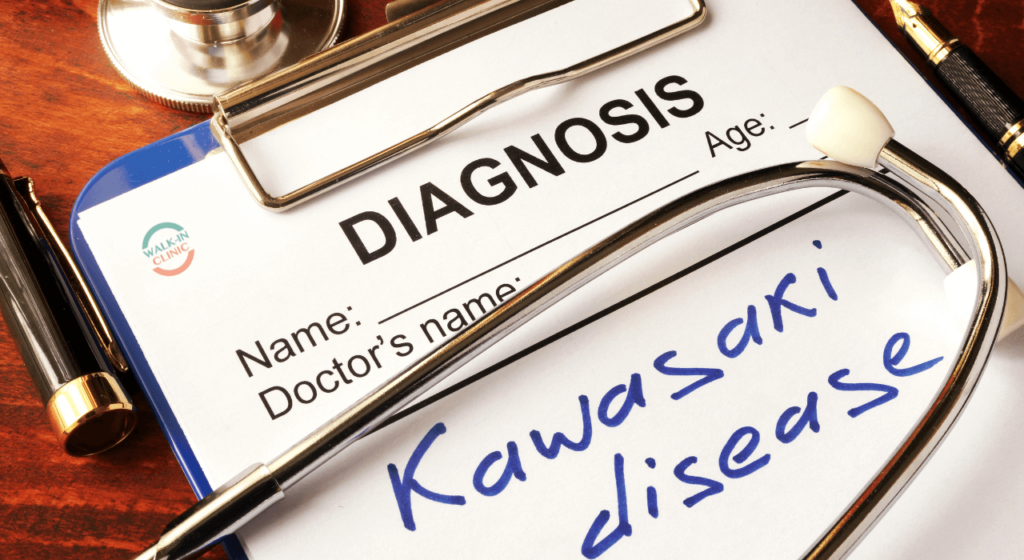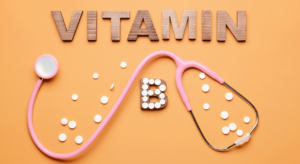Kawasaki disease, also known as mucocutaneous lymph node syndrome, is a rare condition primarily affecting children under five. It was first identified by Dr Tomisaku Kawasaki in Japan in 1967 and has since been recognized worldwide. This disease is characterized by inflammation of the blood vessels throughout the body, including the coronary arteries.
What is the cause?
The exact cause of Kawasaki disease is still unknown, although it is believed to be a combination of genetic and environmental factors. It is not contagious and cannot be transmitted from person to person. Some studies suggest that certain viruses or bacteria may trigger an abnormal immune response, leading to the development of this condition.
What are the symptoms?
The symptoms of Kawasaki disease can vary from mild to severe. The first sign is usually a high fever that persists for at least five days. Other common symptoms include a rash on the trunk, swollen lymph nodes in the neck, redness and swelling of the hands and feet, bloodshot eyes, and dry, cracked lips and tongue. In some cases, children may also experience joint pain, diarrhoea, vomiting, and abdominal pain.
What can the disease cause?
If left untreated, Kawasaki disease can lead to serious complications, particularly affecting the heart. Approximately 25% of children with this condition develop inflammation of the coronary arteries, which supply blood to the heart muscle. This can result in the formation of aneurysms, which are weakened areas in the artery walls that can potentially rupture, leading to a heart attack or other cardiovascular problems.
How is the disease diagnosed?
The diagnosis of Kawasaki disease is based on a combination of clinical signs and symptoms. No specific test can confirm this condition’s presence, so doctors rely on a thorough evaluation of the child’s medical history, physical examination, and laboratory tests. Blood tests may show an increase in certain inflammatory markers, such as C-reactive protein and erythrocyte sedimentation rate.
What is the treatment?
The main treatment for Kawasaki disease is intravenous immunoglobulin (IVIG), a concentrated solution of antibodies that helps reduce inflammation and prevent damage to the blood vessels. Aspirin is also commonly prescribed to decrease fever and inflammation. Additional treatments such as corticosteroids or other immunosuppressive drugs may be necessary in severe cases or when IVIG is ineffective.
With prompt treatment, the majority of children with Kawasaki disease recover fully without any long-term complications. However, regular follow-up with a pediatric cardiologist is crucial to monitor the heart’s condition and detect any potential issues early on. In some cases, children may require ongoing medication or interventions to manage the effects of coronary artery damage.
What about prevention?
Preventing Kawasaki disease is challenging because the exact cause is still unknown. However, good hygiene practices, such as regular handwashing, can help reduce the risk of infection. It is also important for parents and healthcare providers to be aware of the signs and symptoms of this condition to ensure early diagnosis and treatment.
In conclusion, Kawasaki disease is a rare but potentially serious condition primarily affecting young children. Prompt recognition and treatment are essential to prevent complications, particularly those affecting the heart. By raising awareness and understanding of this disease, we can ensure that affected children receive appropriate care and support for a healthy recovery.

















